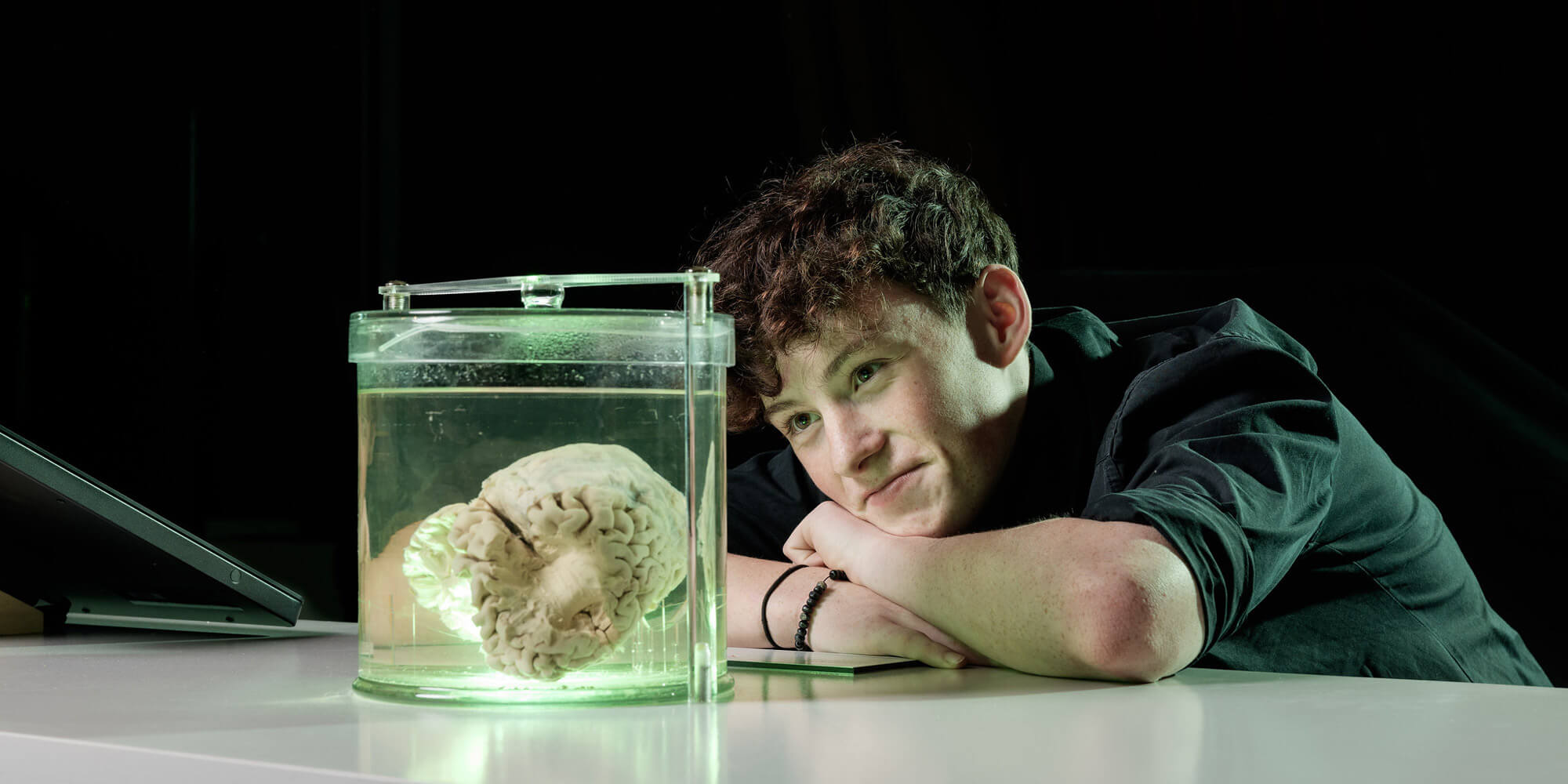by Nicole Grüneis
If we look at the world from a purely Eurocentric perspective, it becomes clear that digitality has arrived in the middle of society. The digital world is no longer just a haven for nerds, gamers and science fictionistas; it is our everyday reality of life. This systemic change promotes other, new tools, possibilities, perspectives and thus also cultural techniques. But culture has to be learned – and so does technology!
The logical consequence would be to see these processes of change mapped early on, especially in education and politics. But exactly the opposite seems to be the case. A considerable part of society describes the education system as sluggish and inflexible, as an apparatus that is not geared to a quick update for better environmental compatibility and “bug fixing”.
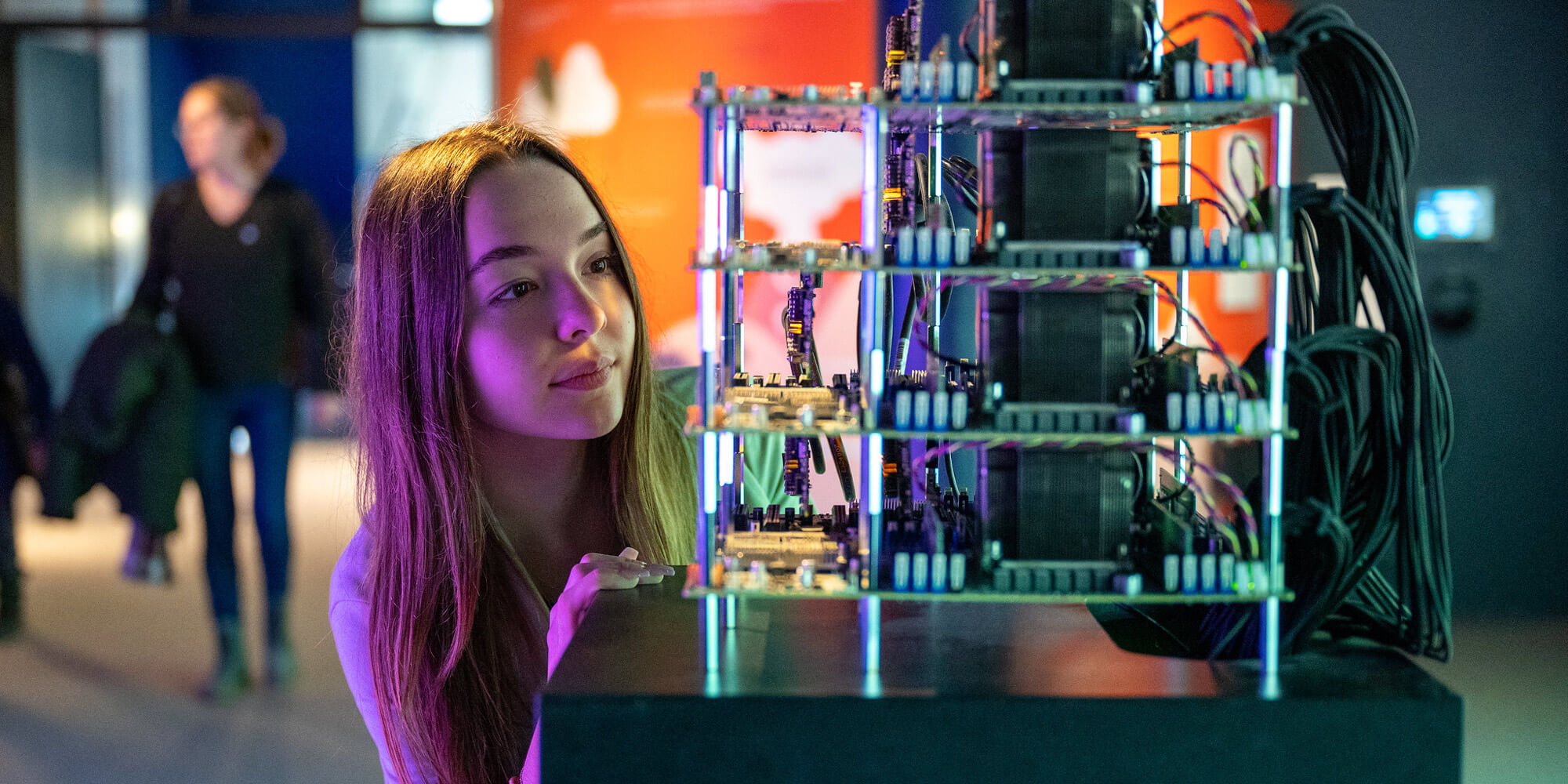
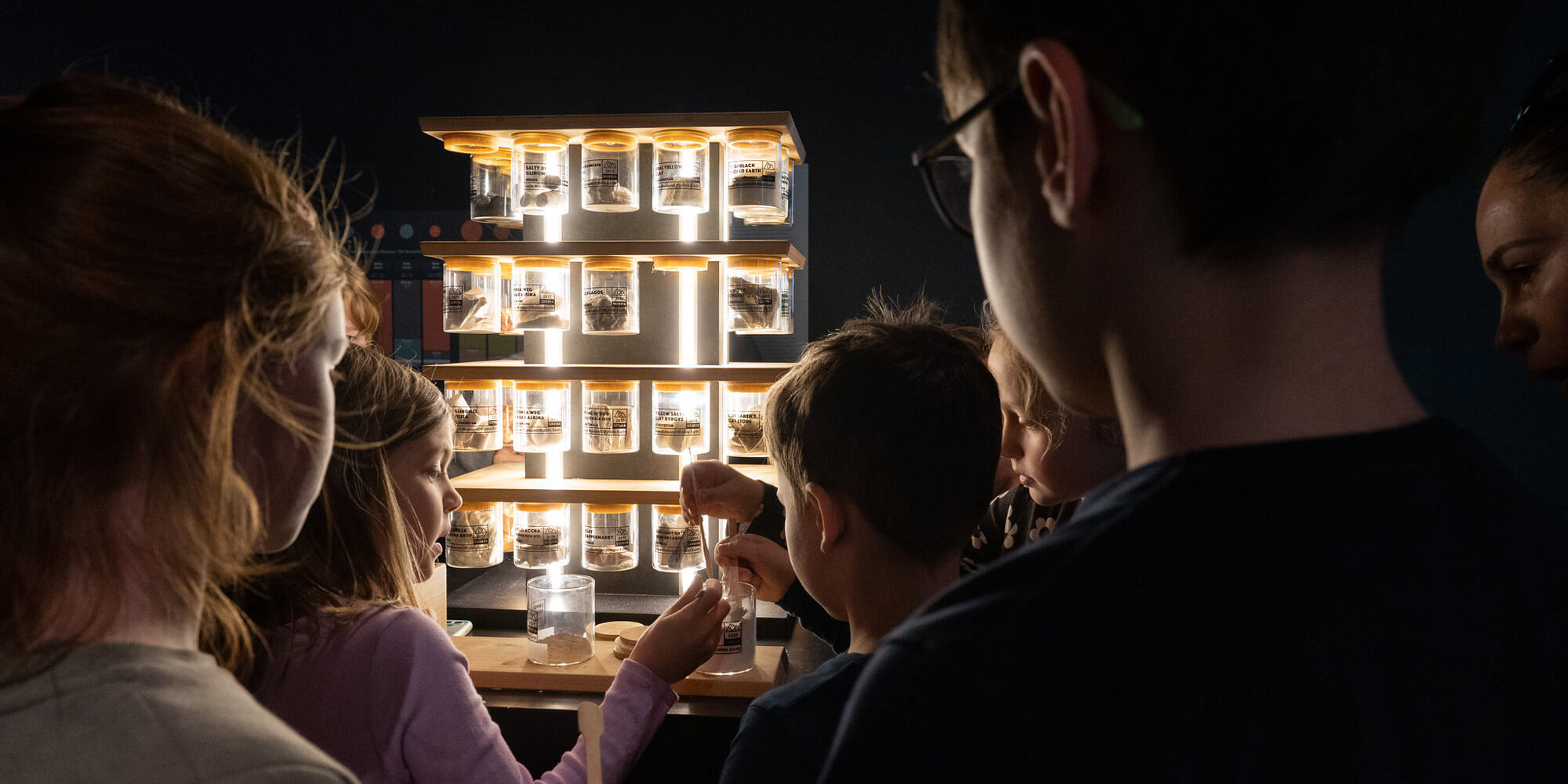
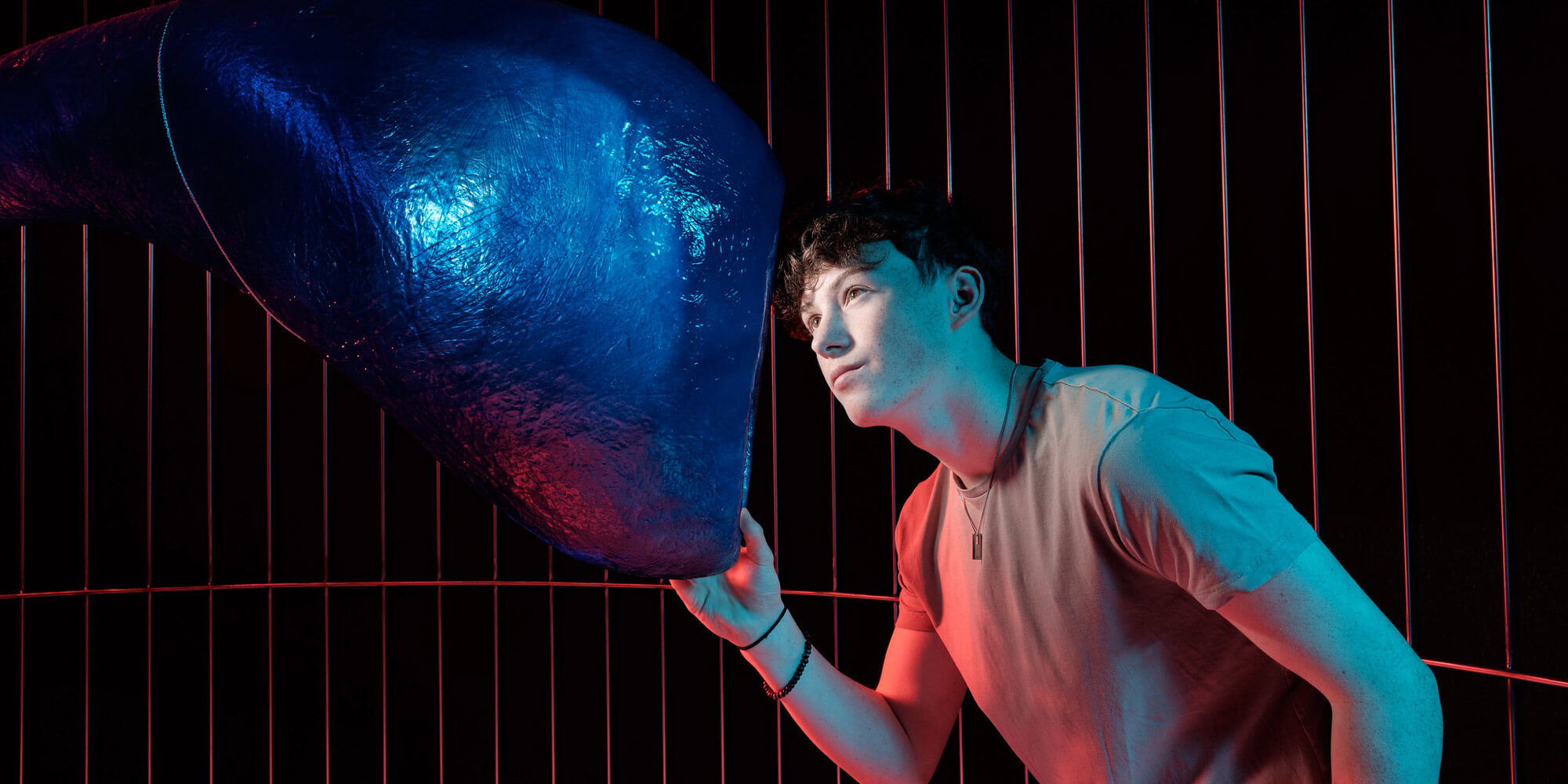
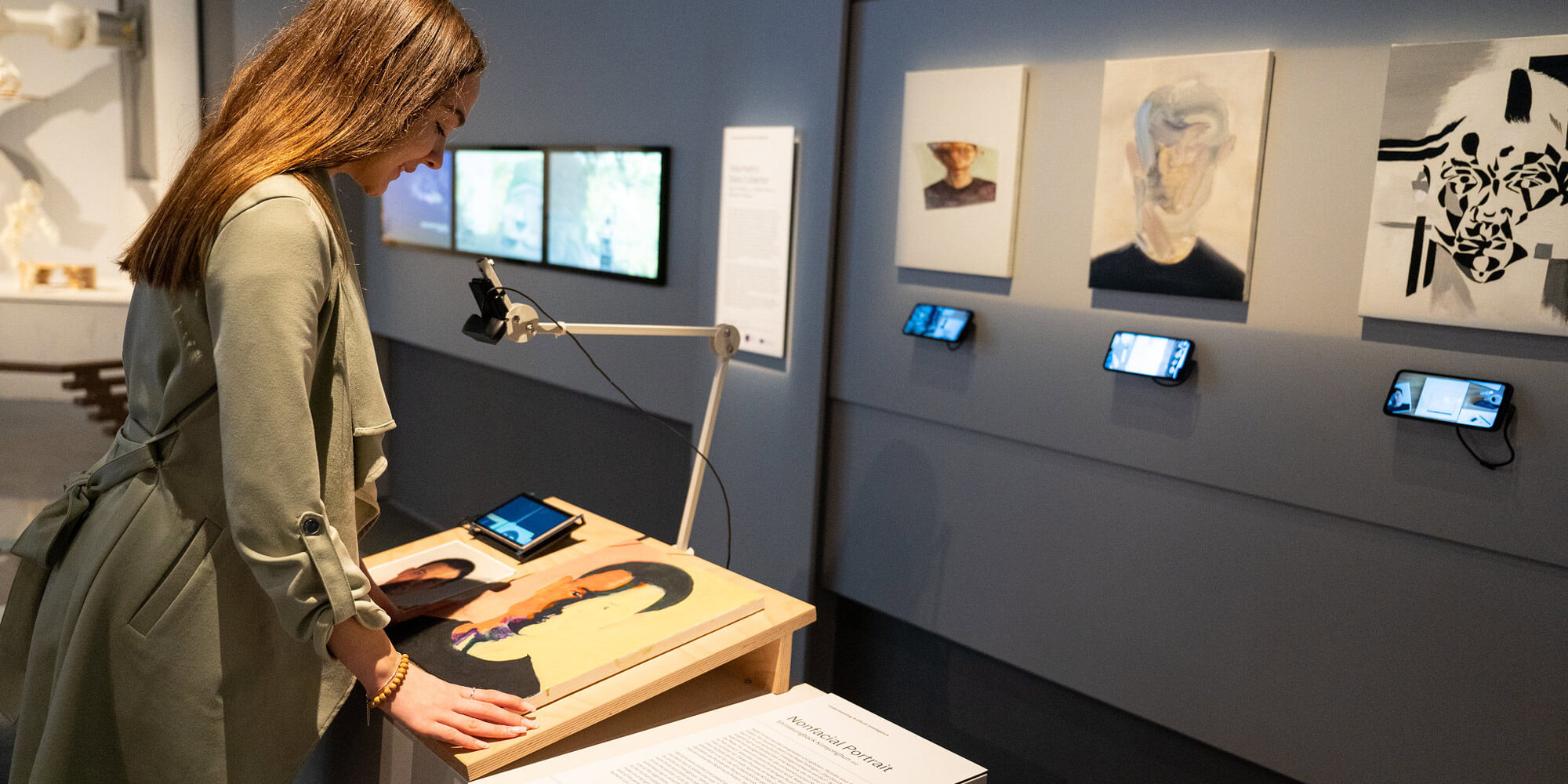
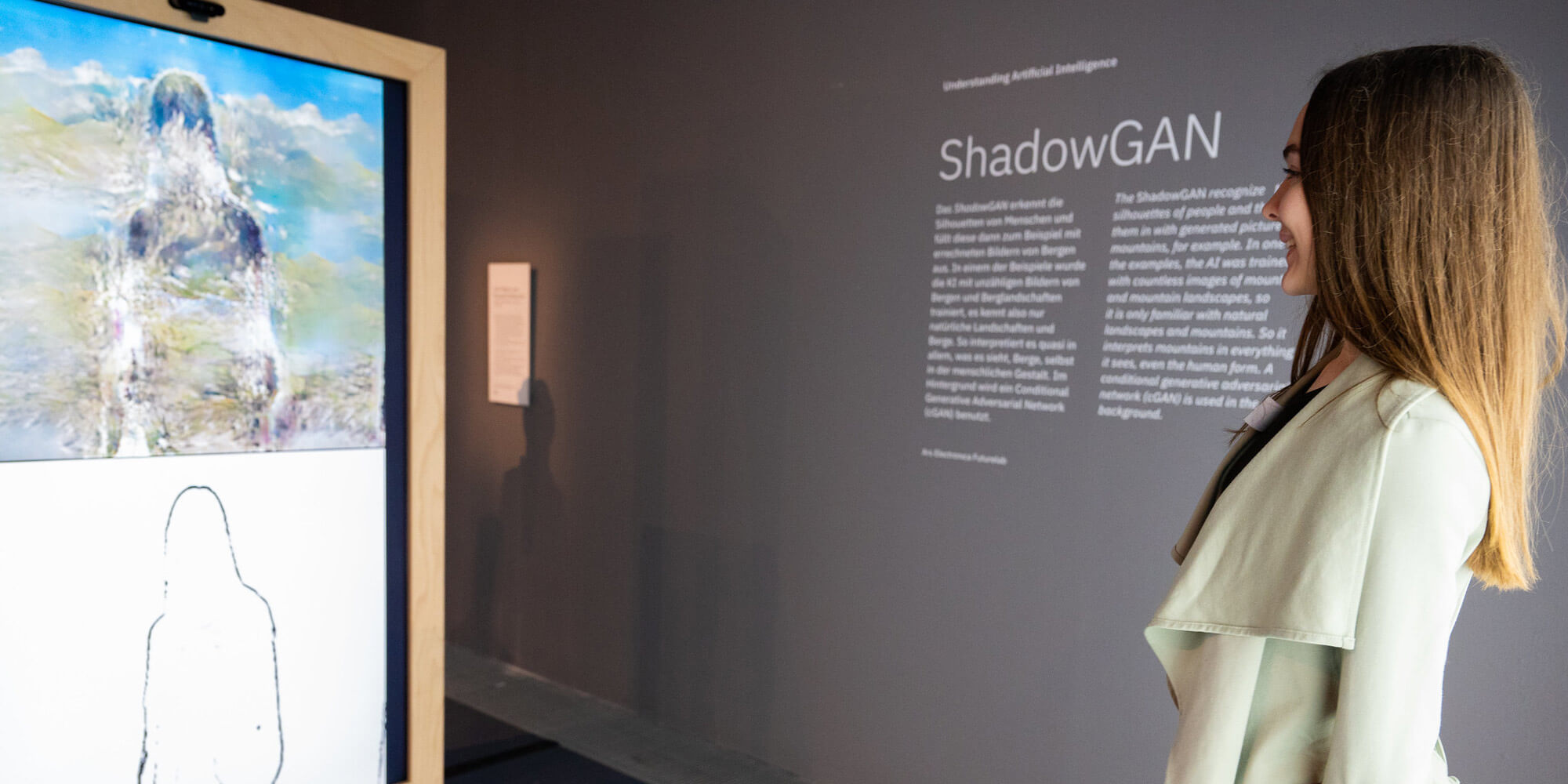
This criticism of the education system is not new, but the debate is more topical than ever. After the COVID-19-induced surge in digitization – the keyword being “distance learning” – ChatGPT is shaking up the well-worn habitus of teaching methods and learning objectives. The question of competencies for the future, the so-called “21st Century Skills”, is now being discussed in almost every echo chamber.
The answer of the state education system in the school sector is the “digital school” and “digital basic education,” at the center of which is self-determination “through a comprehensive understanding of the digital world and the knowledge of how to move (safely) in this world.” The major challenge here is not to provide hardware and software suitable for teaching, but to build a sustainable knowledge infrastructure for teachers.
The above statement also implies the need for “digital literacy” to go beyond coding instruction. It needs learning that is not limited to the functionalities, but also requires an examination of the mechanisms of digital technology, the ethical aspects and the socio-social contexts. It is about developing an understanding of “what holds the new digital world together inside.
